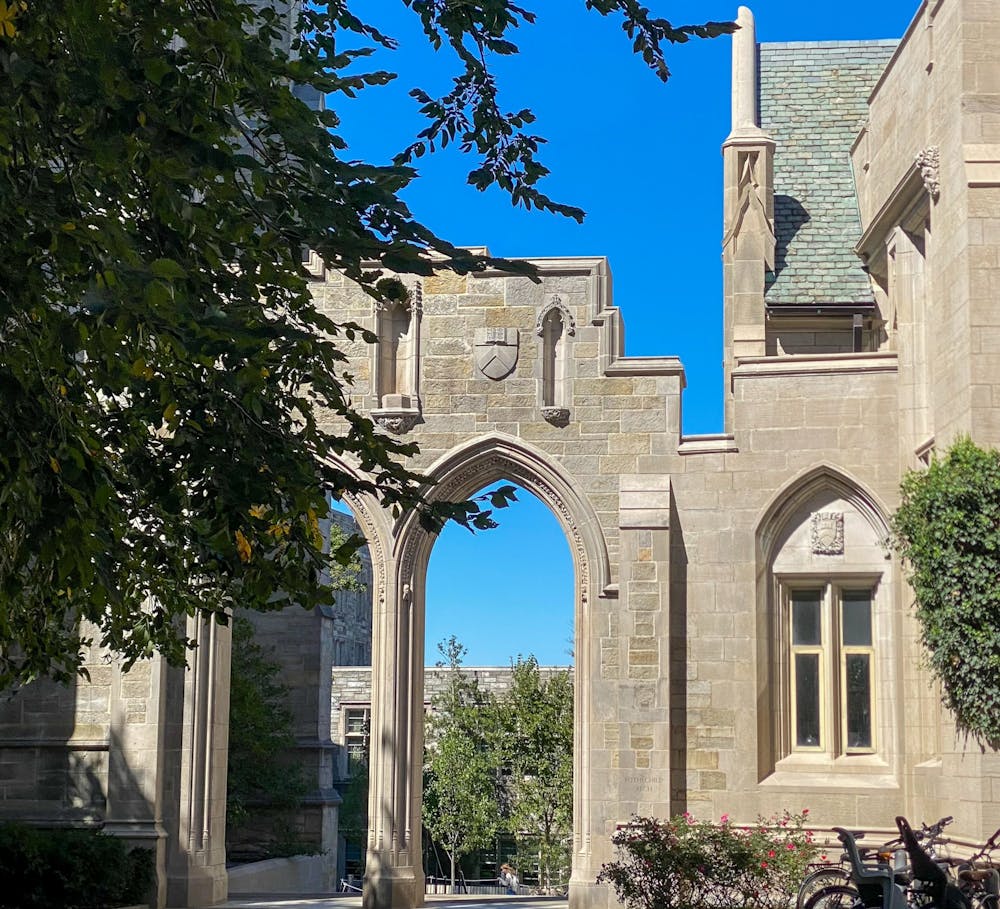Princeton gives its students much freedom within their distribution requirements. Rather than requiring a small number of specific courses, each student can take many courses that fall into a variety of “general education areas.” There are six distribution requirements in the humanities and social sciences: Culture and Difference, Epistemology and Cognition, Ethical Thought and Moral Values, Historical Analysis (HA), Literature and the Arts, and Social Analysis (SA). A.B. students are required to take one course in each category, other than Literature and the Arts and SA, in which they are required to take two courses. Doubling up in these categories implies that they are particularly important for Princetonians. Social Analysis is one of those prioritized subjects — but, as has become obvious in recent protests, good social analysis relies on a deep understanding of history. For this reason, Princeton should add a second Historical Analysis requirement to accompany the second Social Analysis requirement — because the latter cannot exist without the former.
For each distributional requirement, the University provides a justification for studying it. They claim that SA “enables us to make sense of the social structures and processes that shape individual lives, to understand the role of institutions — such as the family, government, schools, and labor markets — in society, and to define and respond to social problems, such as inequality and violence.”
This is intended to help students move about the world effectively and to better understand human expression and societal phenomena. Princeton is right to prioritize understanding communication and analysis of social situations — fully understanding these things is essential for every generation of world leaders. But recent political discourse has shown me that there is a key third element to effective social and political thought. We must also prioritize learning history, because it is impossible to effectively understand and analyze the present without having an in-depth understanding of the past.
Long brewing political tensions over the conflict in Israel and Palestine have recently boiled over on college campuses in the form of encampment-style protests and administrations quashing them. Resultantly, claims and accusations about the issue have been flying. As a young person with a vested interest in social justice, human rights, and journalism, observing these dialogues has been extremely interesting and enlightening, but also deeply frustrating. Having borne witness as best I could to a variety of people, groups, and ideologies, I have been left with an essential takeaway.
Understanding social structures and tools for interpersonal communication is useless if we limit those learnings to our present. Throughout discourse about student protest, I have observed a shocking lack of historical understanding in recent discourse, both on campus and through our greater society: analysis and understanding of historical events must accompany that of current social ones, in order for us to effectively understand, discuss, and improve our world.
We, as a world, nation, and University community, have a horrible understanding of our history. It pains me to watch powerful institutions, politicians, and even everyday people prioritize property over human lives, defend police who perpetuate unnecessary violence, and unnecessarily invoke harmful historical prejudices and stereotypes. It pains me to see so many people make the same mistakes that our parents, grandparents, and ancestors have made. Watching contemporary political discourse has taught me that successful social analysis is impossible without an understanding of history. It has made it glaringly clear to me that the HA requirement should be doubled, parallel with the SA requirement — because understanding the past is the first step to understanding the present.
Understanding the history of student protest, protest at Princeton, antisemitism, anti-Arab racism, colonialism, imperialism, and American military and police forces is the crux of a genuine comprehension of the events currently taking place on our campus. There is likely more context that even I have yet to see and explore. Grasping these complex, varied historical dynamics is essential to fully understand merely the events occurring on our campus, let alone large scale conflicts and political debate in our nation and world.
Not everyone needs to be an expert in every historical event that may relate to a current social phenomena, but it is imperative that we lead with an understanding of history. To engage in thoughtful social and political discourse is to understand where we are coming from, and the past’s essential role in where we are and where we are going next.

Historical context is crucial in understanding the events that are taking place in the society we live in today. If Princeton’s goal is to equip its students to become responsible, open-minded, and critically thinking members of society in the present, it must keep its students engaged with the past. To accomplish this, another HA class needs to be added to the distribution requirement.
Ava Johnson is a first-year opinion columnist and prospective politics major from Washington, D.C. She can be reached by email at aj9432[at]princeton.edu.









